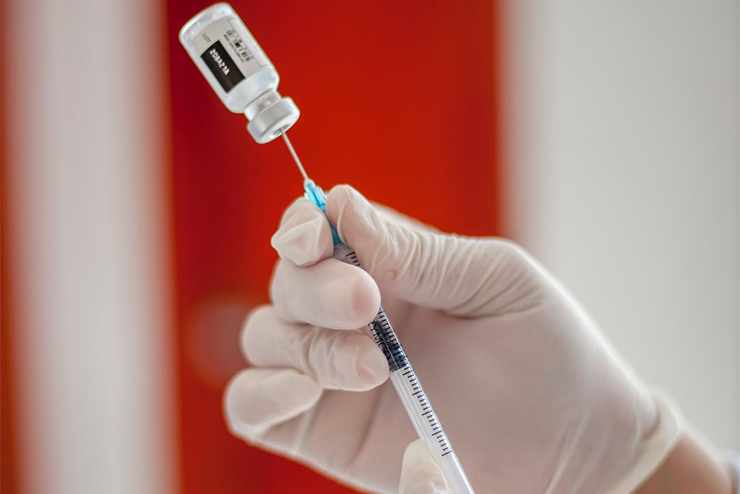
mRNA vaccines represent a new type of vaccine technology that holds great promise for preventing a wide range of infectious diseases, including COVID-19. Unlike traditional vaccines that contain inactivated or weakened forms of a virus or bacterium, mRNA vaccines use a small piece of genetic material called messenger RNA to provide cells with instructions to produce a specific protein that triggers an immune response.
To understand how mRNA vaccines work, it is helpful to first understand a bit about the immune system. The immune system is a complex network of cells, tissues, and organs that work together to protect the body against infectious diseases. One of the key components of the immune system is the production of antibodies, which are proteins that can recognize and bind to specific viruses, bacteria, or other foreign substances in the body. Once antibodies bind to a foreign substance, they can neutralize it and mark it for destruction by other immune cells.
When a person is vaccinated with an mRNA vaccine, the vaccine contains a small piece of genetic material called messenger RNA (mRNA). This mRNA contains instructions for cells in the body to produce a specific protein, such as the spike protein found on the surface of the SARS-CoV-2 virus that causes COVID-19. Once the mRNA enters cells, it instructs them to produce the viral protein, which is then displayed on the surface of the cell.
When the viral protein is displayed on the surface of the cell, it is recognized by the immune system as foreign. This triggers the production of antibodies and other immune cells that can recognize and respond to the virus. Importantly, the mRNA used in mRNA vaccines does not contain any virus particles or other infectious agents, and it cannot cause disease on its own.
One of the key advantages of mRNA vaccines is their speed and flexibility. Unlike traditional vaccines, which often require growing large amounts of virus or other biological materials, mRNA vaccines can be developed and manufactured more quickly. This is because the mRNA sequence can be synthesized in a laboratory using readily available materials, and it does not require the use of live viruses or other infectious agents. This speed and flexibility make mRNA vaccines a promising tool for responding to emerging infectious diseases and other health threats.
Another advantage of mRNA vaccines is their potential to provide broader protection against a range of viral strains. Because the immune response generated by an mRNA vaccine is targeted at a specific viral protein, such as the spike protein found on the surface of the SARS-CoV-2 virus, it may be less susceptible to mutations in the virus that can allow it to escape immune recognition. This could potentially provide broader and longer-lasting protection against a range of viral strains.
It is important to note that mRNA vaccines are still relatively new, and their long-term safety and effectiveness are not yet fully understood. However, the mRNA vaccines that have been authorized and approved for use against COVID-19 have demonstrated high efficacy and safety in large-scale clinical trials. Common side effects of mRNA vaccines include pain or swelling at the injection site, fever, headache, fatigue, and muscle aches. These side effects are typically mild and temporary, and the benefits of vaccination far outweigh the risks of these side effects.
In conclusion, mRNA vaccines represent a promising new tool for preventing infectious diseases, including COVID-19. They work by providing cells with instructions to produce a viral protein that triggers an immune response, and they offer several advantages over traditional vaccine technologies, including speed and flexibility. While the long-term safety and effectiveness of mRNA vaccines are still being studied, the vaccines that have been authorized and approved for use have demonstrated high efficacy and safety in large-scale clinical trials.
Read Also: Vaccinations: A Lesson Behind the Outbreak
Eric Weiss, MD, May, 2023
Call The Village Doctor at (650) 851-4747 or Contact us to learn more about the practice.


